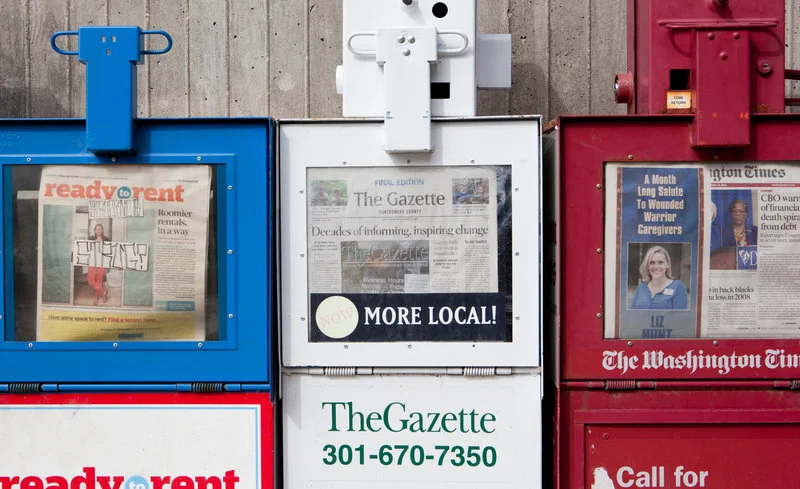Rising Economic Inequality and Political Marginalization By Ayaulym Tleubaldy
Economic inequality has been rising, even within a current period of high inequality. For instance, the wealthiest 1 percent of families now own 38.6 percent of America’s wealth, a record high. The bottom 90 percent own just 22.8 percent. This has short term and long term political consequences, in addition to economic and social concerns regarding health, safety, education, and employment.
2016 presidential candidates on the left and right, argued the system is “rigged.” Donald Trump and Bernie Sanders have fueled populism, in some ways weakening democratic norms of public trust and civic engagement.
The current domestic policy agenda has focused on repealing The Affordable Care Act and lowering corporate tax rates, while the Children’s Health Insurance Program (CHIP) has not been renewed since expiring in September. CHIP “provides federal matching funds to states to provide health coverage to children in families with incomes too high to qualify for Medicaid, but who can’t afford private coverage.”
U.S. Department of Health and Human Services
Political Scientists, such as Lawrence Ezrow, Professor of Government at the University of Essex, contend that responsiveness of American political parties towards the political interests of wealthy citizens is substantially higher than interests of less affluent citizens. This contrasts political parties in European democracies, where economic inequality is much lower. European parties “do not display a tendency to disproportionately respond to the political attitudes of affluent groups.”
This is reflected in U.S. voting patterns. The Pew Research Center has found that financially insecure people vote in far smaller numbers than the financially secure. In 2014, for instance, 94 percent of the former were registered to vote, compared to just 54 percent of the latter. Recent trends suggest this is getting worse, not better. “Voters earning under $50,000 a year made up 41 percent of the electorate in 2012, but only 34 percent of the electorate in 2016.”
Current trends of economic inequality help illuminate how opportunity is significantly influenced by the wealth of the family one happens to be born into. While populist rhetoric has highlighted aspects of this struggle, little has been done thus far to address this, while lower income people remain politically marginalized.
Ayaulym Tleubaldy is a student of economics at Nazabayev University







